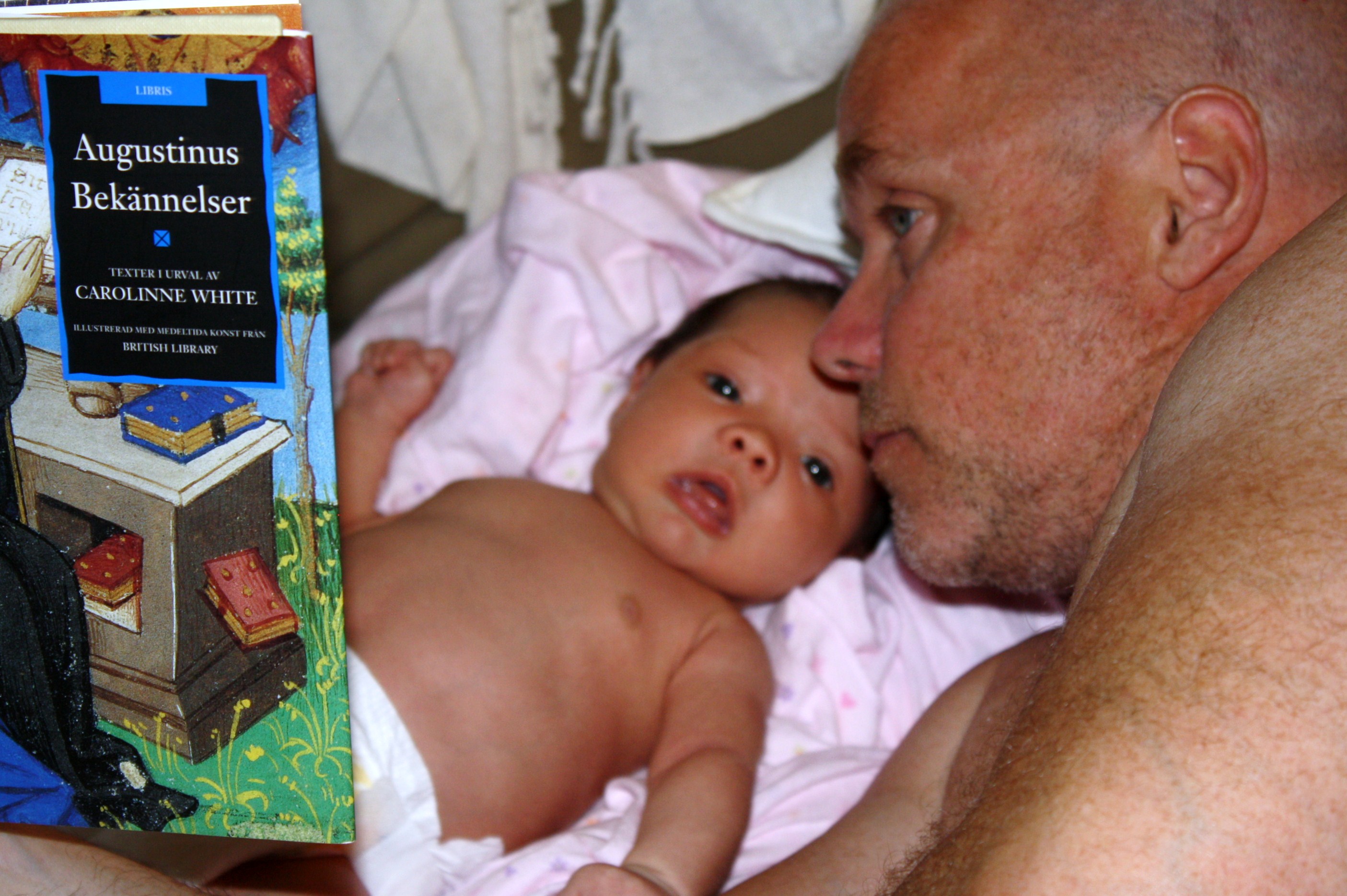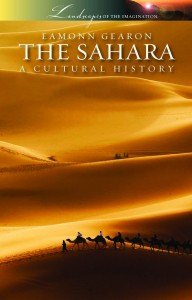There´s no doubt in my case that it was books which made me choose this odd life and I really need to be surrounded by books to feel really content with life. For this reason I have written two articles about books I recommend:
1. 10 best books about adventure and travel to read over Christmas
2. 5 most complete travel books ever
Lately I have been given a lot of opportunities to review other people´s books and I have said no, because the books were just not interesting enough. I don´t want to waste my time reading nonsense. However, this last month I have received two really good books, so I have decided to do just that, starting as of August 2011 to review interesting and challenging books. (So, please, if you have a book you want reviewed, please send it to me.)
THE SAHARA
A Cultural History
by
Eamonn Gearon
Let me first say, I really love the Sahara. First time I came across this vast desert, back in 1988, I basically crossed it partly from west to east and than north to south. On a bicycle. Probably six of the most demanding months of my life. What I remember the best is the variety of the desert. Seldom as flat as I had imagined, great ravines, great dunes when around and the desert as a whole was not impossible at all to cycle. Of course there were some parts when pushing was the only way to move forward, but most of the time, it was more than ok. I also remember the sense of being content and happy, most all the time. And I remember the sheer beauty of the Sahara! The colors! But most of all, I remember all the time by oneself far away from most living beings. That is such a strong sense of happiness, it is really hard to describe. I admired the story about the loner at Assakrem, Charles de Foucauld. I still do. I have often thought about his life lately. But the reality was, one wasn´t never really by oneself. Most of the time, something turned up. Either as millions of treks after beetles when getting out of the tent in the morning or some humans, mostly Tuareg, turning up from nowhere. And plenty of tourists showing up in the horizon at least once a day, mainly in a Peugeot or some big German Unimog. Almost all of them travelling in caravans of many. I don´t seem to remember the heat too much or the nasty harmattan, the strong wind, even though, when I look in my dairies, this is what I write about most of the time. the heat and the wind.
Eamonn Gearon touches on all these issues and Charles de Foucauld in his very readable book with the subtitle A cultural History. I thought I knew quite a lot about the Sahara, its history, its spirit and its exploration. But I learned a lot of new, important knowledge by reading this easy to read and I thoroughly enjoyed this comprehensive book about this vast and alluring desert. It covers most things about the Sahara when it comes to its history, subjects like rock art, the history of exploration, travelers, tourism, wars, the spread of Islam, film and literature, and a bit about its inhabitants of today.
There´s also no doubt that Eamonn loves the Sahara himself and he is very good at finding the exact explainable words from others who he writes about or from himself describing Sahara´s raw alluring call and soul. Which only a person can do who have the right passion and understanding for a place. He is also a very good story teller and it is easy to read his enthralling book.
My only reservation is that this is a book mainly for the English speaking world, primarily the British one. Pretty much all references to pretty much everything like literature, film, exploration of today and before, deal with people with a British background. This of course is nothing new. The British market in itself is the biggest in the world for travel and exploration literature, this is a fact, but they often forget the rest of the world. Therefore many British explorers, for example today, always point out that they´re the first in the history or in the world to do this or that, when this is very seldom the truth. But this is a British thing. I am personally very much an anglophile, but I still notice this excessive British concentration on its own Britishness. As for example, they also put so much emphasis on explorers/adventurers having a military background. In my book, that is the worst background for an explorer. Some of the most famous British explorers and adventurers, could only be famous in Britain. Having said this, let me point out:
The Sahara; A cultural History by Eamonn Gearon is a vital piece of equipment for any traveler going to the Sahara!
Eamonn Gearon wrote a very well read piece earlier about the Sahara. Read it here!




Dear Mikael,
Many thanks for your flattering review of “The Sahara.”
It certainly is a place like none other on earth and, as you obviously know, one that is easy to fall in love with!
With regards to the Anglo-world slant to the book, I plead guilty for two reasons:
i) sadly, so many great non-English speaking explorers are still not translated into English, thus limiting readers access;
ii) it was commissioned by an English-language publisher for an English-speaking audience. (Foreign-language publishers, feel free to get in touch at any time!)
That said, there as many of the great French, German, American and other names in here as space would permit.
You might like to know that the publisher had me cut 50,000 words from the original manuscript, much of it about non-British characters.
And with regards to a military background not always being the best training for an explorer, I could not agree more!
“The Sahara” explores these stories not necessarily because of any greatness but because soldiers (and sailors) were so often the ones sent out into the Sahara.
I hope this helps guide all readers of “The Sahara”, whose comments I am always delighted to read.
Best wishes to all readers and explorers,
Eamonn.